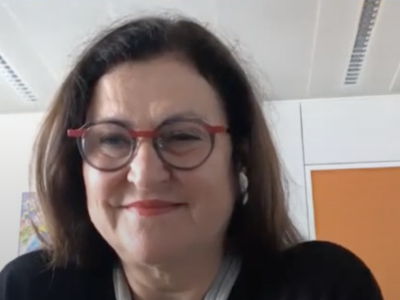
The EU’s new diplomats for Africa: Who are they and what policy context do they face?
ECDPM Europe now has a new diplomatic institution, the European External Action Service (EEAS). But who are the recently appointed senior officials that will deal with Africa within the service? And what challenges will they face in EU policy towards Africa?
One of the changes brought about by the EU Treaty of Lisbon is creation of the position of High Representative of the Union for Foreign Affairs and Security Policy who is also Vice-President of the European Commission. This High Representative position, to which Baroness Catherine Ashton was appointed in November 2009, is assisted by the EEAS, which includes the newly empowered EU Delegations. Before the new Treaty entered into force, EU relations with sub-Saharan Africa and other members of the African, Caribbean and Pacific (ACP) group of states were dealt with by a another EU institutional entity. This has now changed with the creation of the EEAS, which has geographical departments and desks covering all countries and regions of the world. The newly established EEAS Africa entity, whose final designation has not yet been decided, will from now on be responsible for strategic leadership of EU relations with Africa. The EEAS will also be responsible for (1) allocation of funding, (2) development of multi-annual country and regional strategies and (3) development of national and regional indicative programmes. At the same time, some responsibilities will be retained within the European Commission in the EuropeAid Development and Cooperation DG (DEVCO), which was formed from the merging of the Commission’s former Directorate General for Development and EuropeAid. The newly restyled DG DEVCO is in charge of preparing thematic programmes and for policy development and implementation in the development sphere. In short, the division of responsibilities between the EEAS and the European Commission will split the aid programming cycle, but at the same time it will end the institutional geographical divide between EU relations with the ACP countries and those with the rest of the world.
All of this will be managed by EU officials acting under political direction.Europafrica introduces the nine new senior appointees dealing with sub-Saharan Africa in the EEAS.



